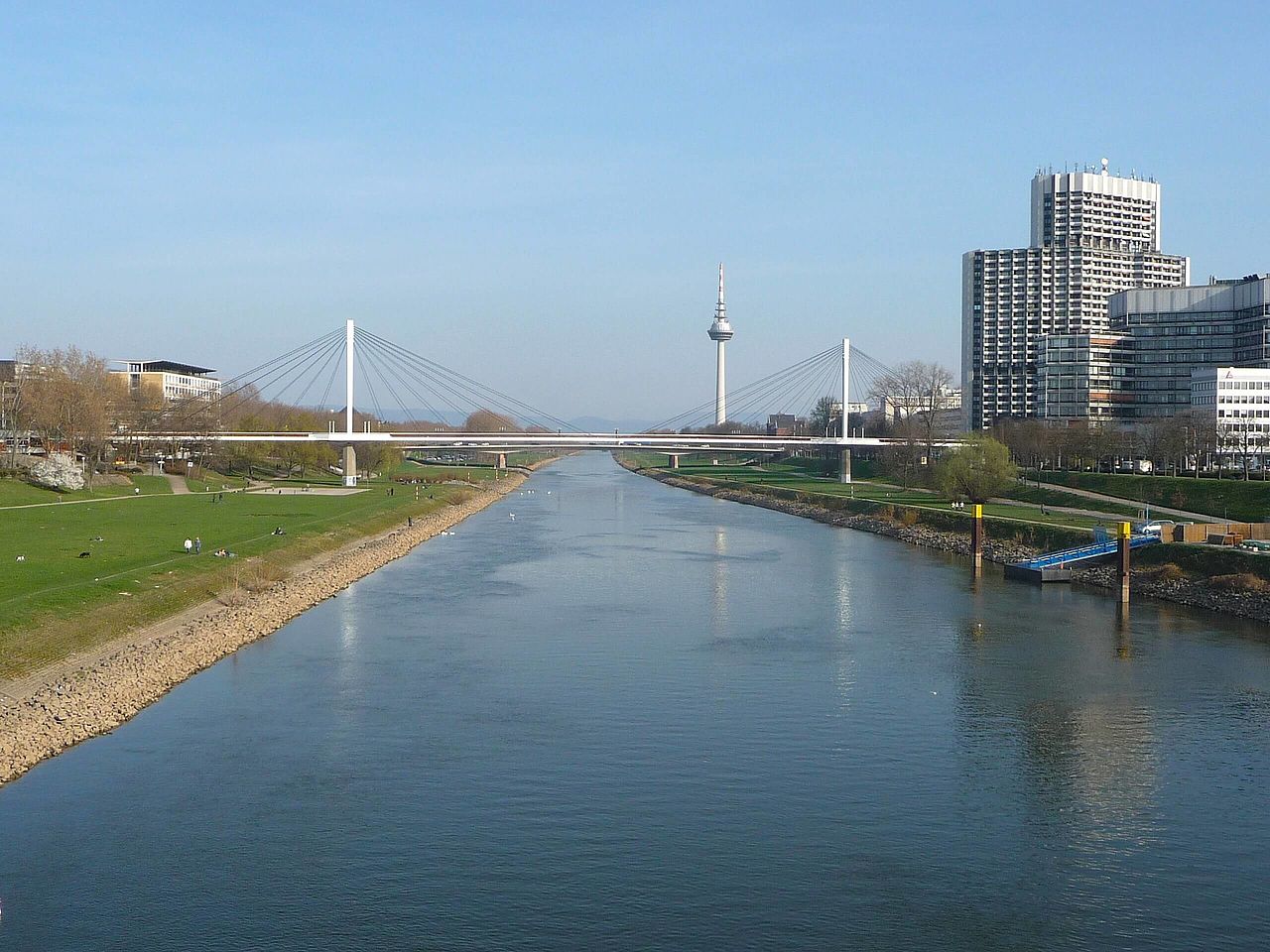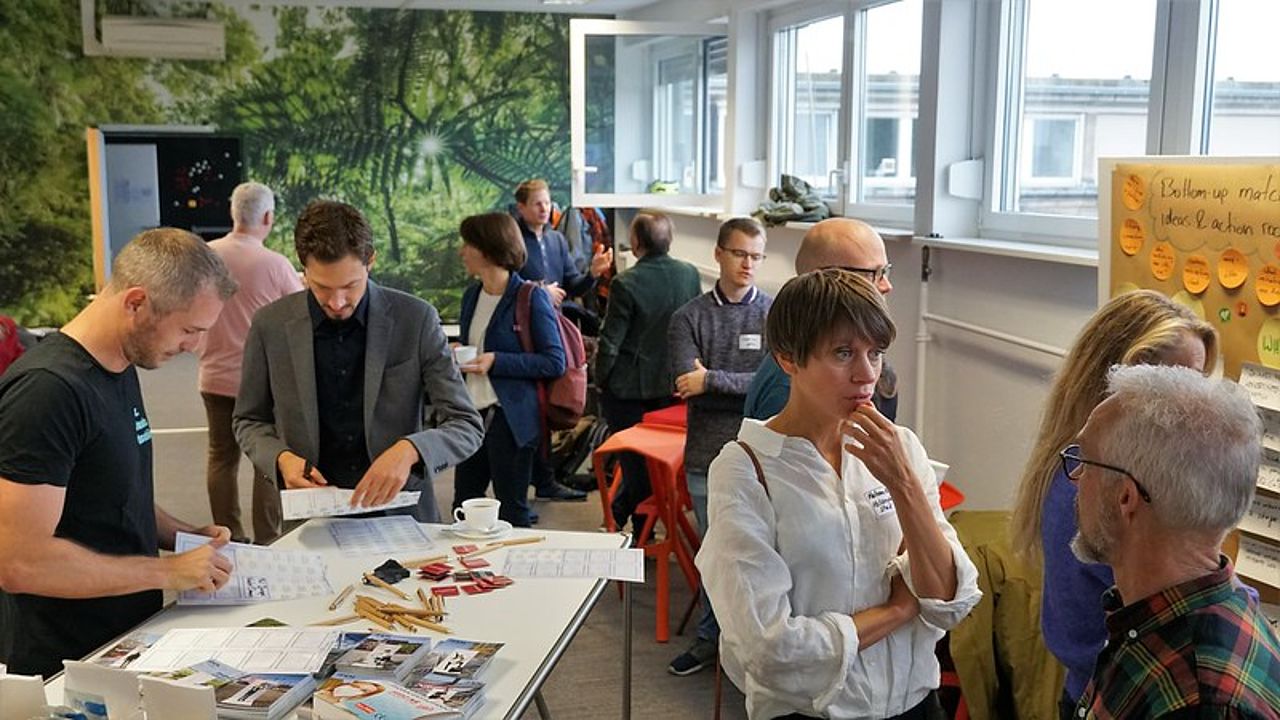


Mannheim, Germany
Located at the confluence of the Rhine and the Neckar, Mannheim is the second-largest city in Baden-Württemberg (Germany). The city has a population of over 310,000 inhabitants. In 2020, Mannheim hosted the 9th European Conference on Sustainable Cities & Towns, where the Mannheim Message was adopted. The document calls for Local Green Deals as the nucleus of a collaborative implementation process for the European Green Deal.
Within ALLIANCE, Mannheim, together with Starkmacher, is looking into:
- Entrepreneurship and co-creation with SMEs and social economy organisations to enable a sustainable, circular-oriented and climate-neutral city
- Data-driven innovation and innovative co-creation for a climate neutral and smart city
- Development of sustainable products, supply chains, processes and social and green procurement models
- Development of an employment iniatiative and a new employment model and new workplace models for the transformation to a climate-neutral city, ensuring a social just transition
- Innovative formats for the development of SMEs and social economy organisations, educational organisations and NGOs for implementing the Local Green Deals
Mannheim's priority sectors to work on are:
- Innovative and collaborative models for green transformation of businesses and SMEs
- Green infrastructure
- Local sustainable value chains
- Green and social procurement
- Innovative urban governance and stakeholder engagement
Mannheim expects to develop the Local Green Deal as an innovative governance approach by concretising the transformation process in the Mission Statement "Mannheim 2030" and give more visibility to social economy stakeholders.

This project is co-funded by the European Union's Single Market Programme SMP-2021 under grant agreement No. 101074047. Views and opinions expressed are however those of the author(s) only and do not necessarily reflect those of the European Union or EISMEA. Neither the European Union nor the granting authority can be held responsible for them.

